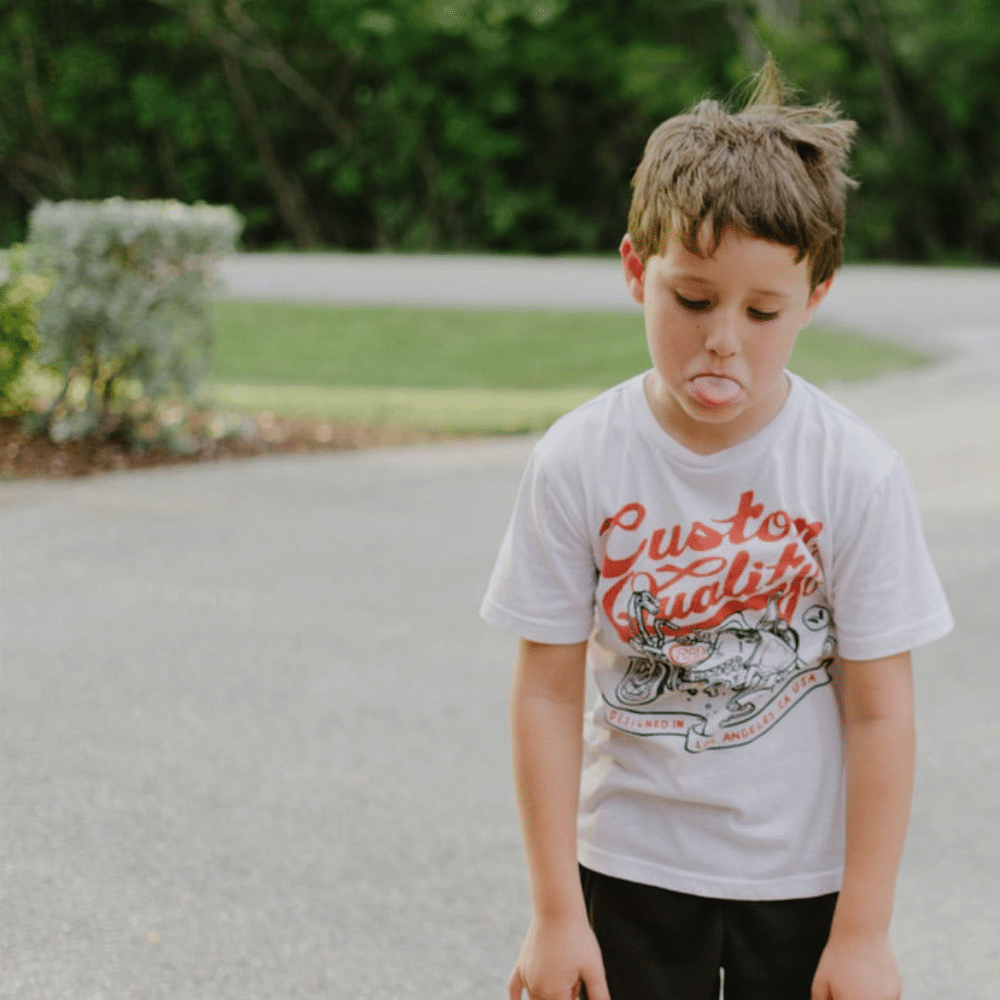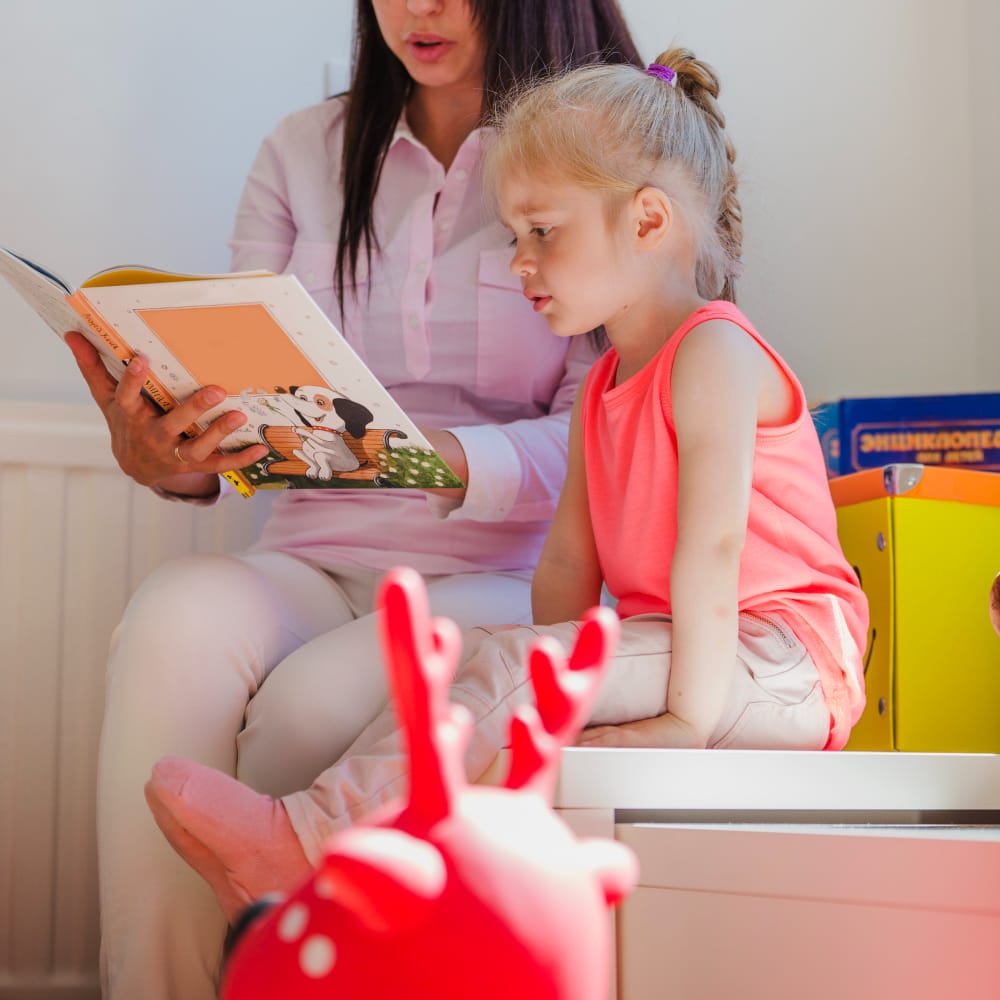Everybody loves the positive emotions, right?! Bring on happiness, joy, pride and love by the truck full. But negative emotions make us feel uncomfortable and often, we do our utter best to avoid them.
Yet, negative emotions are important.
We probably all agree that people who are able to control their emotions navigate the difficulties of life with more success than those who blindly react to their feelings, enslaving themselves to their circumstances. If we work this concept backward we realise that in order to control your emotions you first need to know what it is that you are feeling and to analyse these feelings in order to know how to react and so be in control.
And in order to be able to identify a negative emotion, a child needs to have experienced it first hand. Even though negative emotions can be painful, they are completely natural and often serve an important role in your child’s overall development.
Here are 5 negative emotions all children should experience:
Anger
Why? Because anger is the most powerful way in which to teach children about the importance of their attitude and the fact that they can always choose their reaction, no matter how out of control a situation may seem. Being able to calmly and rationally analyse a situation will often help us think about other’s motives and helps to develop empathy in children. And if we were to analyse our rage and conclude that it is justified, anger helps us to be assertive and to stand up for ourselves and for what is right.
Fear
Fear is designed to keeps us safe. It heightens our awareness of our surroundings and kicks us into action to protect ourselves by whatever means possible. But fear is also the cornerstone of bravery. Having courage doesn’t mean that you never felt scared, but rather that you felt it and faced it head on, overcoming your fear in the process. Overcoming the fear of failure also teaches children grit and determination.
Unhappiness
As parents we are constantly told, both outright and through constant subliminal messages that our children’s happiness is the measure of our success as parents. But every good parent knows that this responsibility has to shift at some stage. That raising children to become well adjusted adults means teaching them to take responsibility for their own happiness. And also preparing our children for the fact that unhappy moments will occur from time to time, that it’s natural and that it is temporary.
Boredom
In our “busy-is-good” society, parents feel the need to entertain their kids more than ever before. And with the availability of screens everywhere you look, it’s easy enough to do. But it is only when there is nothing going on around us, that we can focus on what’s happening inside us. And so boredom is the greatest teacher of introspection, self-discovery and awareness. When children are constantly entertained by external stimuli, the motivation for doing things also remains external and children never develop a sense of intrinsic motivation.
Grief
This is possibly the hardest of all emotions to have our children experience. And no-one could blame you for trying to protect your children from the cruel reality that life necessarily also means death. But sooner or later the truth is unavoidable. Children are likely to experience both small losses (the hamster you bought for their birthday, the butterfly that flew into the windscreen) as well as big losses like a beloved grandmother or family member and as awful as it is, there is not much that we can do to predict the sequence in which this will happen. Children must be taught how to grieve. How to give outing to their feelings and not to internalise their grief, which can later lead to depression and post traumatic stress disorder. And the only way in which children learn about grief is by watching the adults around them. By seeing that it’s OK to cry, to be confused, to reminisce and to miss someone whose sudden absence leaves a gaping hole in the lives of those around them.
Now what?
OK, so we’ve established the need to experience these emotions but what is the next step? How do we actually teach our children to deal with these negative emotions?
- Teach your child to accept all their feelings, both positive and negative and help them understand that negative feelings are sometimes unavoidable
- Help your child to learn from these emotions, to notice which events trigger negative emotions in them so that they can prepare for these situations in advance and focus on which strategies and activities help them deal with these emotions once the negative feelings do set in. This will help your children build coping strategies to rely on throughout their lives whenever they find themselves in a difficult situation.
- Emphasise the importance of your child’s choice in how to react to their emotions.
- Teach your children positive ways of expressing negative emotions, such as through art or connecting and sharing with a loved one.




